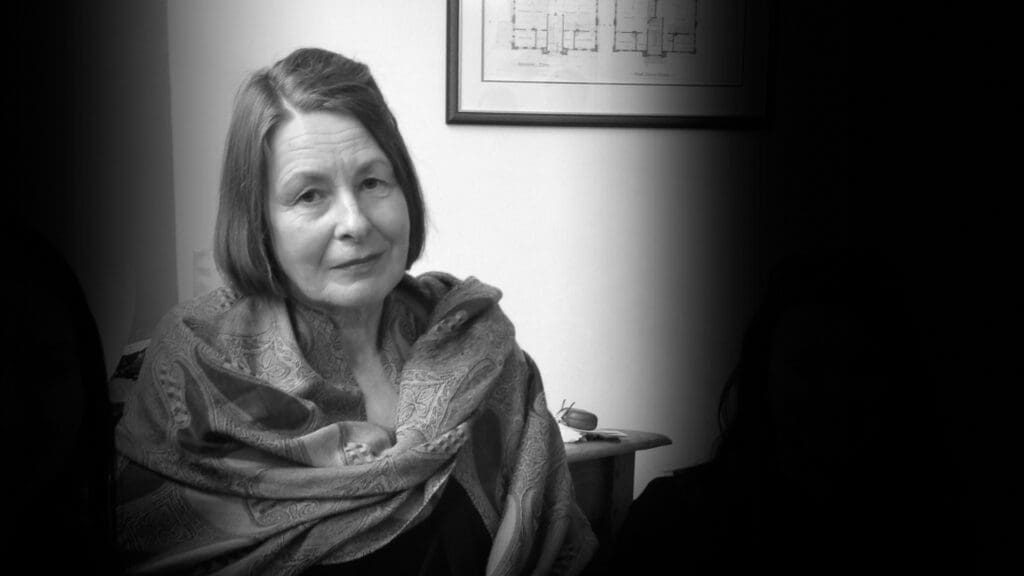Tanya Day death in police custody inquest begins
VIGIL AND SMOKING CEREMONY WITH COMMUNITY
DATE: Monday 26 August – 8AM-8:45AM
WHERE: The Kings Domain Resting Place – Located near Linlithgow Avenue opposite Janet Lady Clarke Rotunda
PRESS CONFERENCE: 8:30AM
WHO: The family of Tanya Day
PRESS RELEASE
The coronial inquest into the death in police custody of Yorta Yorta woman, Tanya Day, commences today.
In 2017, Tanya Day was taken off a train and arrested for being drunk in a public place. She fell and hit her head in police custody and later died from a brain haemorrhage.
At the time Tanya was arrested, Aboriginal women were close to 11 times more likely to be targeted by police for being drunk in public than non-Aboriginal women. In April this year, the Day family successfully convinced the Coroner to look at whether racism was a factor in Tanya’s treatment and ultimate death.
“Our mother had so much more love and life to give – to us, to her grandchildren and to the broader community. The circumstances surrounding her death have made the past 18 months extremely difficult for our family. We want to know the truth and we want justice for our mum,” said the Day family.
The inquest is scheduled to run for three weeks. The Day family will seek to have footage of their mother in the police cell released to the public. The key questions the Day family want answered at the inquest are:
-
Who should be held responsible for Tanya’s death;
-
What part racism played in Tanya’s death and whether she was treated differently and worse because she was an Aboriginal woman; and
-
Whether Tanya’s death was investigated independently, given a police officer was assigned to investigate the failures of other police officers to look after their mum.
“Our mum should be alive today. We know that racism played a role in mum’s death and that Victoria Police failed her. We want truth and accountability through this coronial inquest,” said the Day family.
On 5 December 2017, Tanya fell asleep on a train travelling from Echuca to Melbourne. She was taken off the train in Castlemaine after a V/Line train conductor called the police. She was then arrested and locked up for the offence of being drunk in a public place.
Last week the Andrews Government committed to abolishing the offence of public drunkenness and replacing it with an Aboriginal-led, health based response. Tanya Day’s family said that this was an important but first step towards justice.
Ruth Barson, Legal Director at the Human Rights Law Centre, who is representing the family, said Tanya Day should still be alive and that accountability for her death is critical to prevent future deaths in custody.
“This case is a painful reminder that racism is lethal. Tanya Day was locked up under discriminatory laws that should have been abolished decades ago. She was then denied her basic dignity and left to haemorrhage on the floor of a concrete police cell. The status quo of police dodging accountability for deaths in custody must be changed,” said Barson.
READ: An overview of the coronial inquest into the death in custody of Tanya Day.
READ: An overview of the argument for systemic racism to be investigated in the inquest.
Media contact:
Michelle Bennett, Communications Director, Human Rights Law Centre, 0419 100 519
Media Enquiries
Chandi Bates
Media and Communications Manager

Malinauskas Government must take historic opportunity and adopt Human Rights Act after inquiry recommendation
The Human Rights Law Centre has congratulated the South Australian parliamentary inquiry recommendation for a South Australian Human Rights Act.
Read more
Legal challenge filed against Tasmanian Parole Board’s decision to gag free speech
The Human Rights Law Centre has filed legal proceedings on behalf of Tasmanian grandmother, Susan Neill-Fraser, to challenge a restrictive parole condition placed on her by the Tasmanian Parole Board seeking to limit her ability to speak to the media.
Read more
University of Melbourne urged to drop repressive anti-protest and surveillance policies
The University of Melbourne is being urged to abandon policy changes that restrict staff and students’ right to protest and permit the widespread surveillance of people using their wifi network.
Read more


